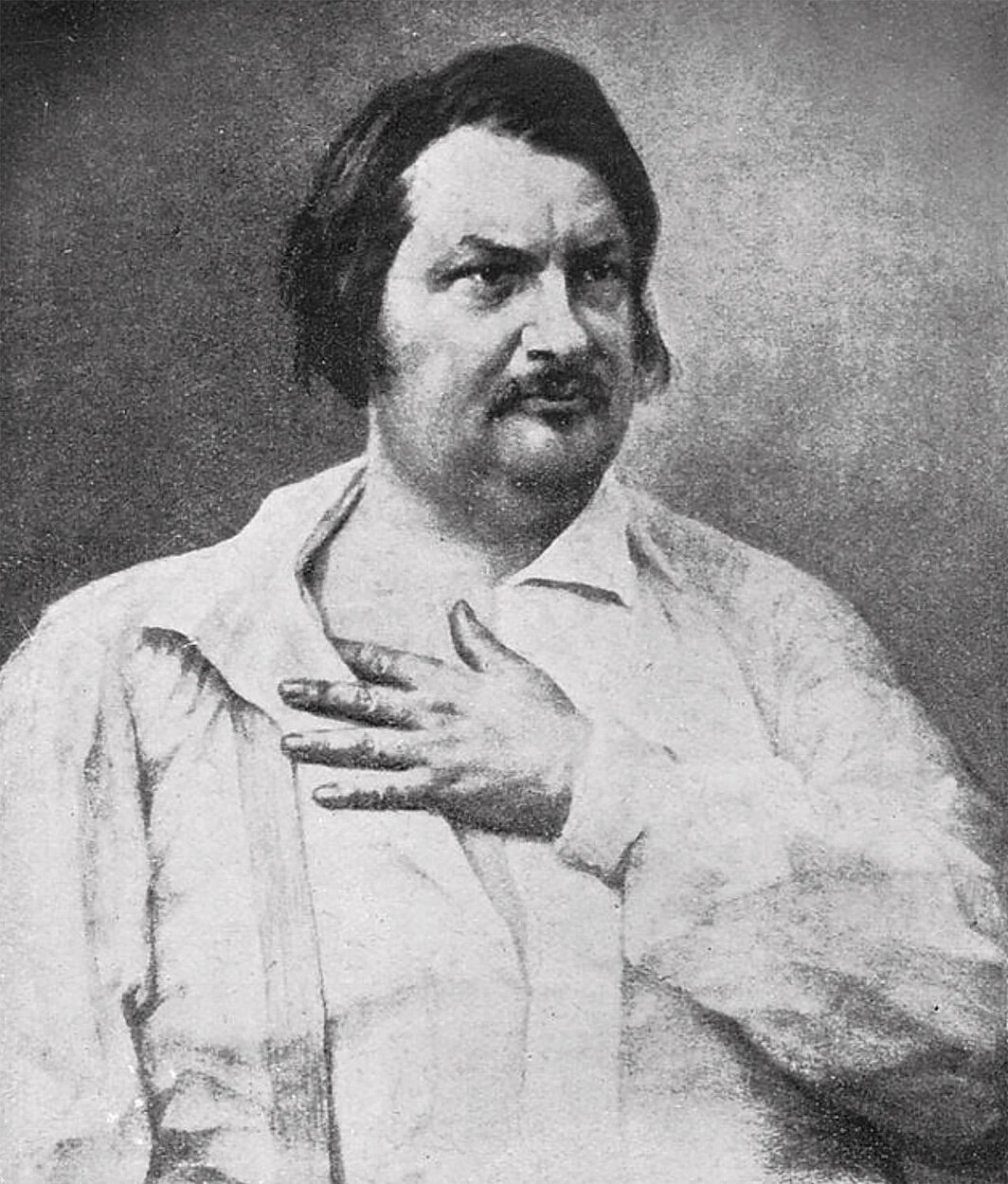(1799–1850)
French writer, author of a vast number of novels and short stories collectively called La Comédie humaine.
His family wanted him to become a lawyer. It was in 1819, that the young Balzac won from his parents a temporary respite from his legal studies in order to try his luck in his own chosen career as a writer. He set to work with a fury, while living in a garret in Paris, producing mostly potboilers – gothic, humorous, historical novels – written under composite pseudonyms.
Then he tried a business career as a publisher, printer, and owner of a typefoundry, but disaster soon followed. From then on his life was to be one of mounting debts and almost incessant toil. Balzac led a tumultuous existence, spending his earnings in advance as a dandy and man-about-town.
In his works Balzac emerged as the supreme observer and chronicler of contemporary French society. These novels are unsurpassed for their narrative drive, their large casts of vital, diverse, and interesting characters, and their obsessive interest in and examination of virtually all spheres of life: the contrast between provincial and metropolitan manners and customs; the commercial spheres of banking, publishing, and industrial enterprise; the worlds of art, literature, and high culture; politics and partisan intrigue; romantic love in all its aspects; and the intricate social relations and scandals among the aristocracy and the haute bourgeoisie. Maraton publishing house is planning a new edition of Balzac’s best short works completed by his biography by Stefan Zweig.
Books:

